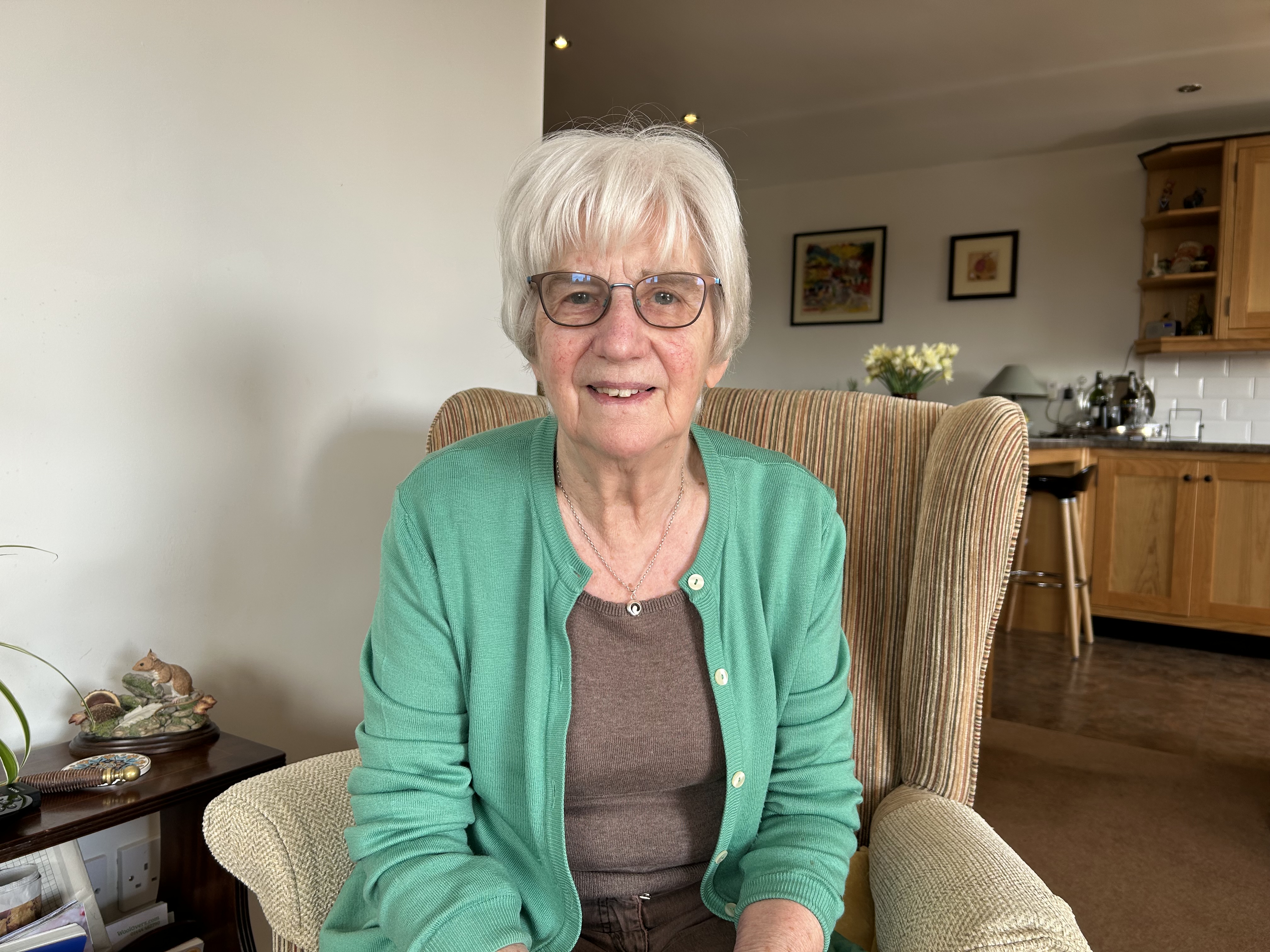
We had a large vegetable garden, always Father’s pride and joy and an enormous greenhouse for chitting seed potatoes for the farm.
Ann Carter
We were harvesters. Coming as we did from a farming family, our childhood expeditions almost always involved gathering or collecting food. I have very few pre-war memories, but I recall that on trips to the seaside, we would harvest cockles on the beach, take them home and leave them soaking in salt water to cook the next day. I remember one expedition to the marsh proper, where we walked in muddy creeks to collect samphire - a great favourite, which was washed, cooked and pickled in vinegar.
We had a large vegetable garden, always Father’s pride and joy and an enormous greenhouse for chitting seed potatoes for the farm. This was then filled with tomatoes and cucumbers after the potatoes were planted.
The orchard on the farm provided us with fruit. We grew several different varieties of apples, and some varieties I never knew the names of. I remember a small bright red apple, which was very sour and another which was sweet. We stored apples on trays in the cellar. Mother preserved pears and plums by bottling, made jams of strawberries, raspberries and plums and various chutneys, piccalilli and pickled onions.
One of our family’s dearest friends were the Collinsons, who rented one of our three farm cottages and whom we loved to visit. They grew strawberries and for tea in summer they always served strawberries and cream. There would be a table laden with sandwiches, sausage rolls, celery in a jar, trifle and cakes. They would also come to us for tea about twice a year, usually in summer and once near Christmas.
We were never short of food. The only thing we missed was sugar. We had two milking cows so had a ready supply of butter, cream and cottage cheese. We churned our butter, which was often a task allocated to me. I enjoyed patting it into shape with wooden clappers and rolling a pattern across the top with a wooden roller with a cow imprinted on it.
We made our own sausages and cured bacon and ham. We had no refrigeration, only a dairy with stone shelves and a large meat safe. Before the war, for Sunday breakfast, Dad would cook sausages in a special pan that hooked onto the fire bars of the range. We sat around while he played his piano accordion.
After rationing began, we could kill two pigs a year for our own consumption, but were not allowed to sell any, so we liaised with the Collinsons to kill at different times from them. We would then swap joints of pork, which we would transport on our backs in our school satchels. We’d carry the butter to school in the same way and distribute to our friends.
In the garden there was what we called a bullace tree, which bore wild, sweet, yellow plums. The green fruits were too bitter to eat, you had to wait till the plums were perfectly ripe before they could be consumed. One night my sister urged me to go “bullying” after bedtime. I sneaked out in the dark in my nightie but was caught before completing my mission as Mum and Dad were still in the garden sitting in the greenhouse!